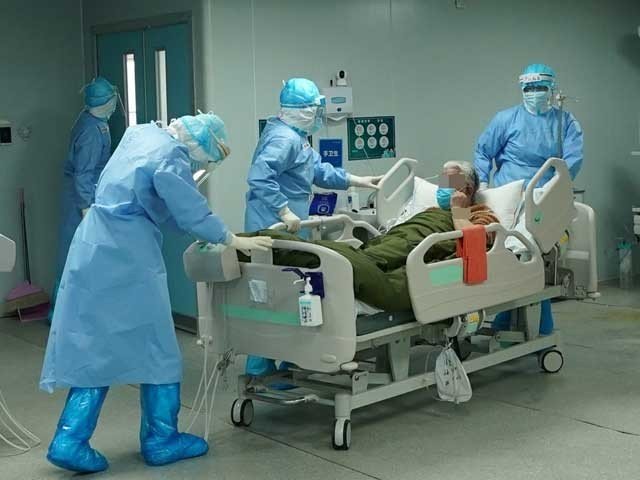Science is still learning something new almost every day about the new Sars-CoV-2 virus. However, it is currently assumed that an infection with Sars-CoV-2 leads to immunity, which means that it cannot be infected again after the infection has been overcome. How long this protection lasts, whether weeks, months, years, is still unclear.
However, reports of people who tested positive for Sars-CoV-2 twice have faltered at the assumption of immunity. However, according to scientists, there are several possible explanations for a positive test result after recovery. In this way, viral RNA, i.e. the genetic material of the pathogen, can often still be detected long after the infectious virus has disappeared, explains Professor Florian Krammer from the New York Icahn School of Medicine at Mount Sinai. “This happens with measles, but also with Zika and Ebola.” An incorrectly performed test is also an option.
The head of the Emerging Viruses research group at Geneva University Hospital confirms this: “We are also familiar with such findings from other viruses that trigger respiratory diseases, such as flu viruses,” says Professor Isabella Eckerle.
At the end of the disease, when the patient was already healthy, there were still traces of the virus in the airways. “You therefore have to be very careful to interpret such positive tests as a reinfection in recovered patients,” says Eckerle. In addition, it is not yet known exactly how much of the virus RNA is actually infectious. “This requires extensive studies.”
The experts are currently assuming that recovered patients will become immune to a new infection after infection . “In general, there are always isolated cases of outbreaks that are difficult to explain,” says Eckerle. However, there is data that Covid-19 patients form antibodies after infection with the virus. Just how long an immunity lasts is currently unknown.


